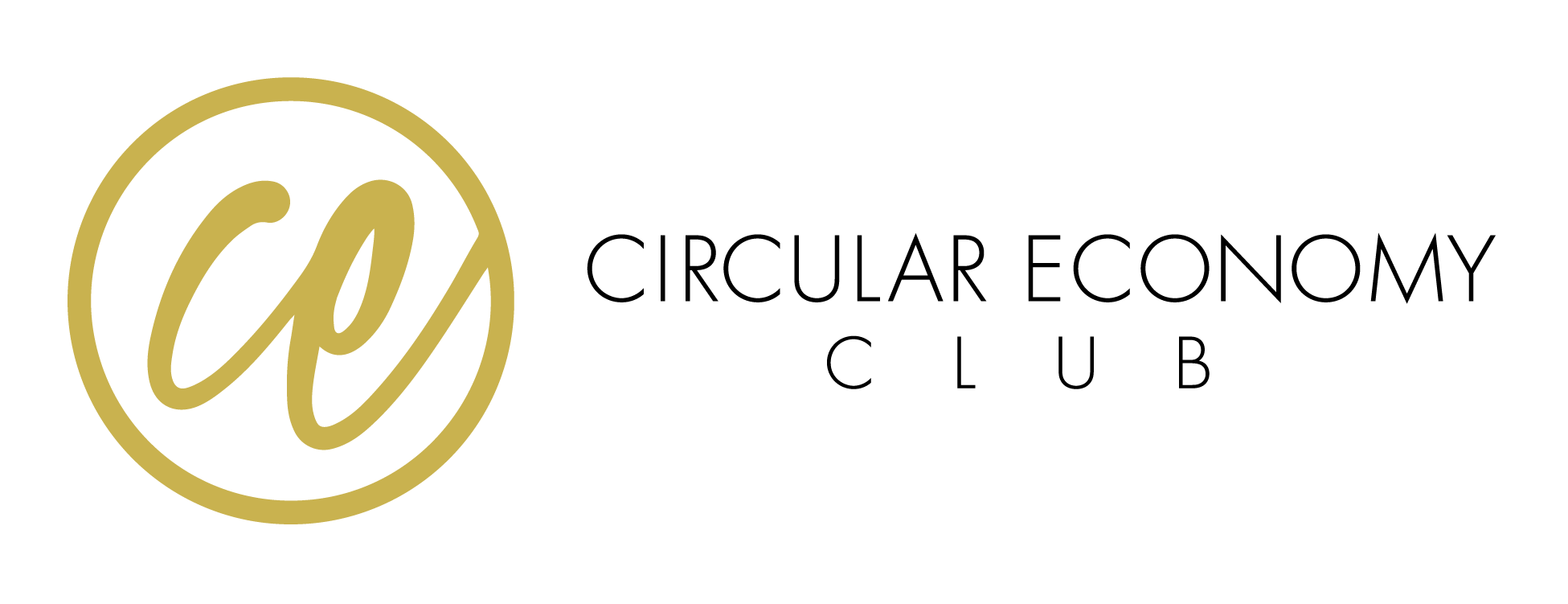-
A linear “take-make-dispose” economy, which is the most popular economic models around the world, is largely wasteful because up to 90% of the raw materials used in the manufacturing process end up as waste even before the leaving the production line. In addition, 80% of goods manufactured are eventually thrown away within the first six months, which translates to an unsustainable rate of wasting fast-diminishing natural resources. Fortunately, a circular economy that is based on regeneration and restoration can help solve almost all the problems associated with a linear economy. More specifically, a circular economy aims to keep raw materials, goods, and product parts at their highest value and utility levels all the time. This is in addition to differentiating between biological and technical cycles.
Want to know more about circular economy? The public administration degree from Rutgers School of Public Affairs and Administration (SPAA) gives students a broad understanding of the field of circular economy and its relevant issues.
- Title: Moving Towards Sustainable Development with a Circular Economy – Master of Public Administration
- Type: online
- Location: New Jersey, America.
- Language: English
- Starting date: TBC
- Ending date: TBC
- Registration and more information: HERE
-
-

